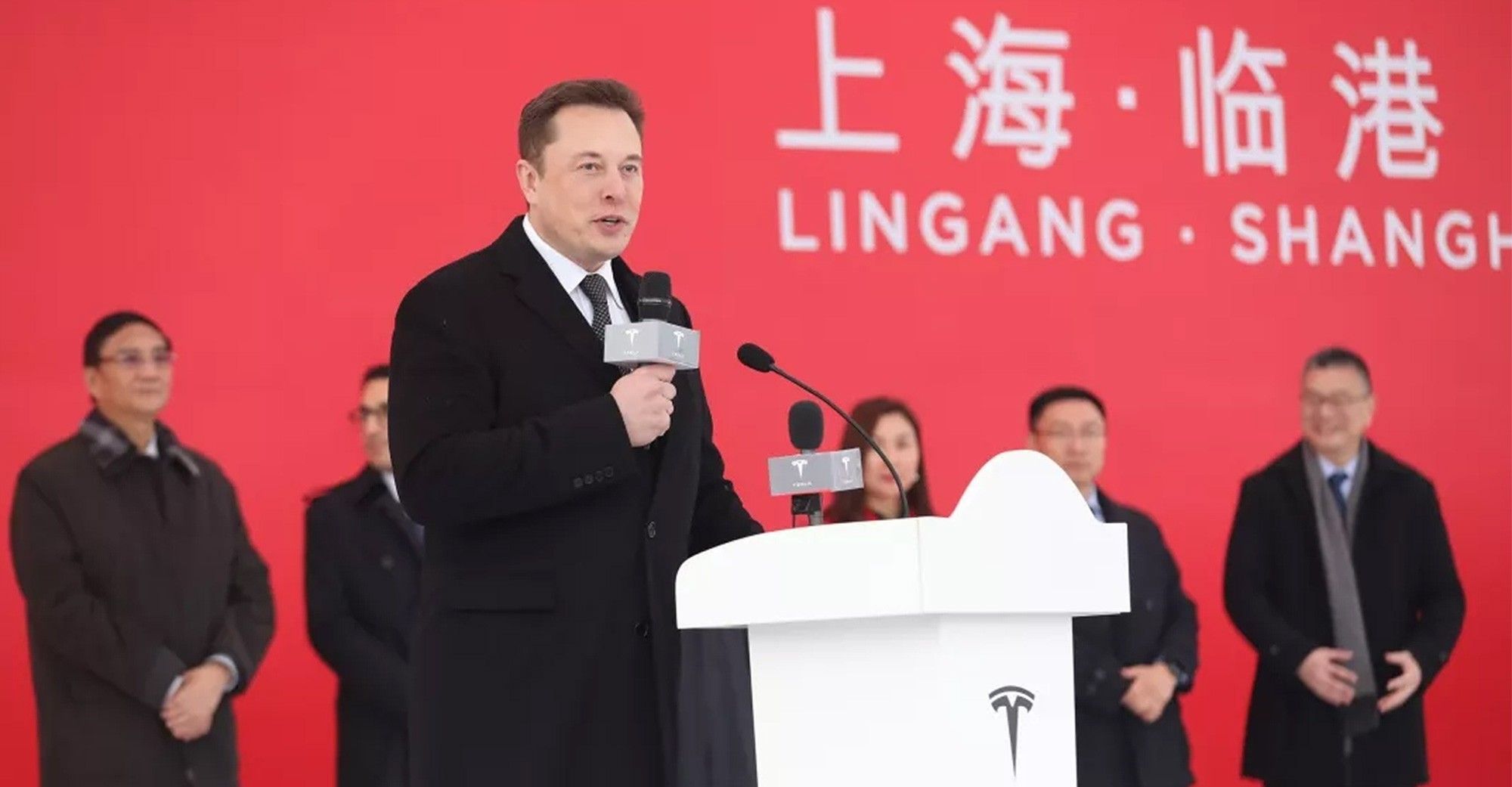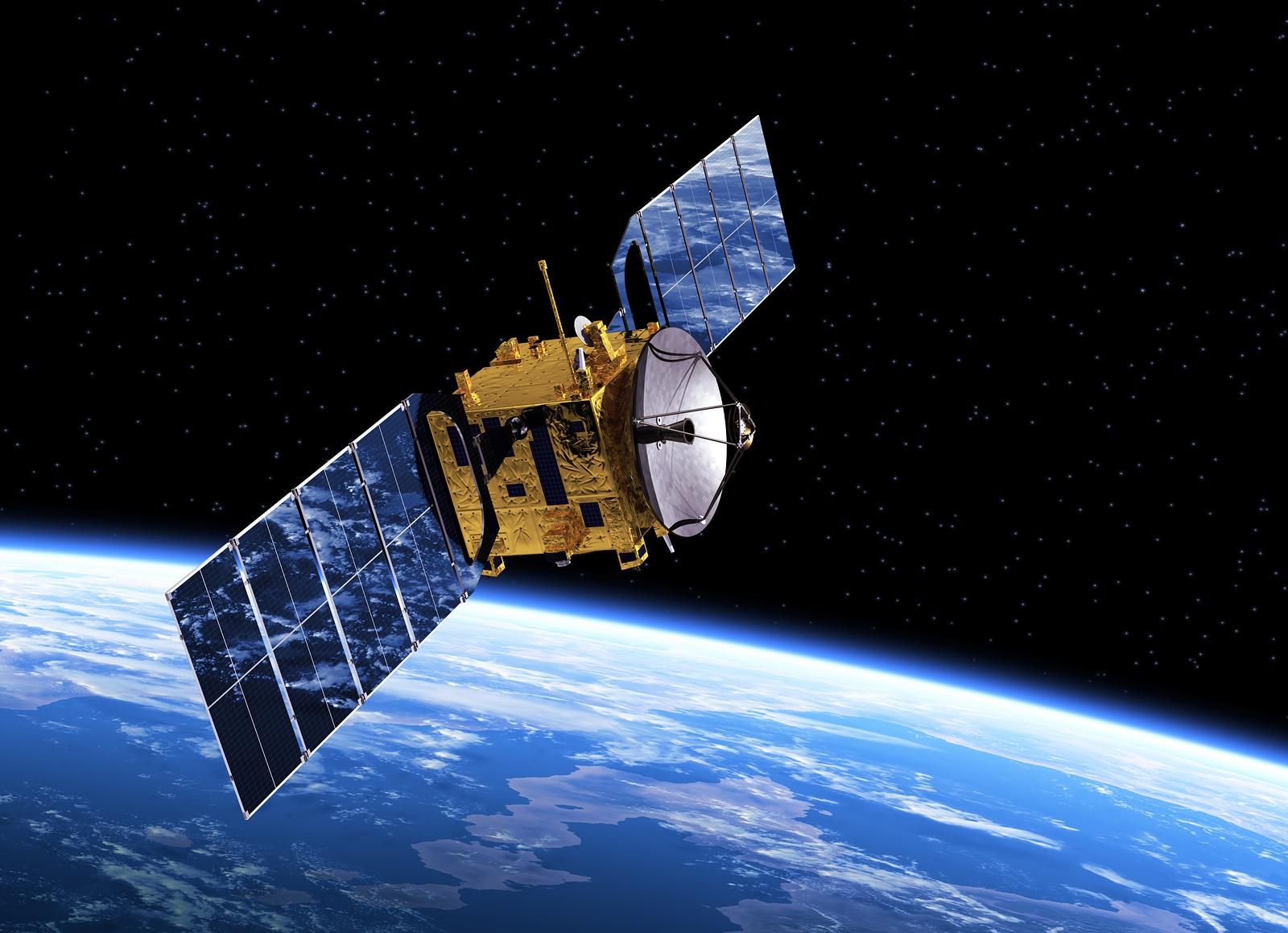Elon Musk introduced the Starlink satellite internet service with the aim to expand the reach of the internet to each and every part of the world. It uses a constellation of satellites to provide broadband-level internet globally without using fiber or optical wires. Despite the good cause, the Chinese government thinks the Starlink service could prove to be a threat to the country.
Why does China want to take down Elon Musk's Starlink satellites?
A report from South China Morning Post claims that a team of researchers from China has published a paper advising the Chinese government to develop anti-satellite capabilities so that it can disable Starlink if deemed necessary. The research paper states that China needs to develop a surveillance system that keeps track of and monitors every Starlink satellite.
The study was led by Ren Yuanzhen, a research fellow at the Beijing Institute of Tracking and Telecommunications. The team contained researchers from China's defense industry as well, as per the report from South China Morning Post. "A combination of soft and hard kill methods should be adopted to make some Starlink satellites lose their functions and destroy the constellation's operating system, " advises the research paper.
Yuanzhen says that Starlink has the ability to improve the data transmission speed of the American drones and stealth fighter jets by more than 100 times. He notes that all the Starlink satellites feature ion thrusters allowing them to change orbit at a rapid rate when they are attacked. And even if one satellite goes down, Starlink is essentially invulnerable to attacks because the internet constellation can function even when individual satellites malfunction. Yuanzhen believes that this could prove to be a critical asset in the event of war, and so it poses a threat to the security of the nation.
Source: Pandaily
Elon Musk has enjoyed huge popularity in China thanks to his electric vehicles ambition. He sees China as a huge market for Telsa. However, his popularity and following took a huge blow after two Starlink satellites came dangerously close to the Chinese space station last year. And now, China's Defense arm believes that his satellite internet service could pose a huge threat to the security of the nation.
Is SpaceX really involved with the US Defense Department?
SpaceX signed a contract with the US Defense Department earlier this year to build a new technology based on the Starlink platform. The novel technology would be able to track hypersonic weapons in real-time. For those unaware, hypersonic weapons can travel at up to five times the speed of sound. A technology that enables a Defense Department of a country to track them in real-time would be a boon.
The report then adds that the unprecedented scale, complexity, and flexibility of Starlink would force the Chinese military to develop new anti-satellite capabilities. Therefore, China needs to improve its existing space surveillance systems, the researchers said.
What is China doing about this situation?
As stated above, the research paper discusses a combination of "soft and hard kill methods" to take down the Starlink network (in case the need arises). While it's not clear what sort of techniques the Chinese military could use to take down the Starlink network, the country would avoid using any missile-based approach. Though a missile can easily take down a satellite, it would lead to space debris. And as we know, space debris can cause a lot of problems. In our explainer about the LEO satellites, we wrote:
Usually, the collision of satellites (in this case, an attack of a missile on a satellite) can lead to space debris. This could turn into a chain reaction, with parts of a destroyed satellite piercing other satellites and so on.
China would avoid using any missile-based approach. However, the report suggests that China has already developed several anti-satellite technologies that would enable them to keep a check Starlink network without using missiles. One of the measures China could take is to upgrade its existing space surveillance technology that can capture high-resolution images of Starlink satellite launches. The country could use ground-based laser-imaging devices to identify if any military payloads are snuck during SpaceX launches. In addition, Yuanzhen says that the country "needs to monitor signals from discrete Starlink satellites to confirm potential military threats."
In addition, China has been developing several anti-satellite technologies that use microwaves to jam communications between the satellites or can directly burn electronic components, as per Yuanzhen. The country's Defense Department has also developed lasers for blinding or damaging satellites, nano-sats that can be launched in huge numbers to cripple bigger satellites, and cyber weapons to hack into the satellite communication network.
As tensions between the US and China continue to flare up, the space is increasingly becoming a place where the powers want dominance by any means. But in some ways, it feels inevitable.
More: South China Morning Post



